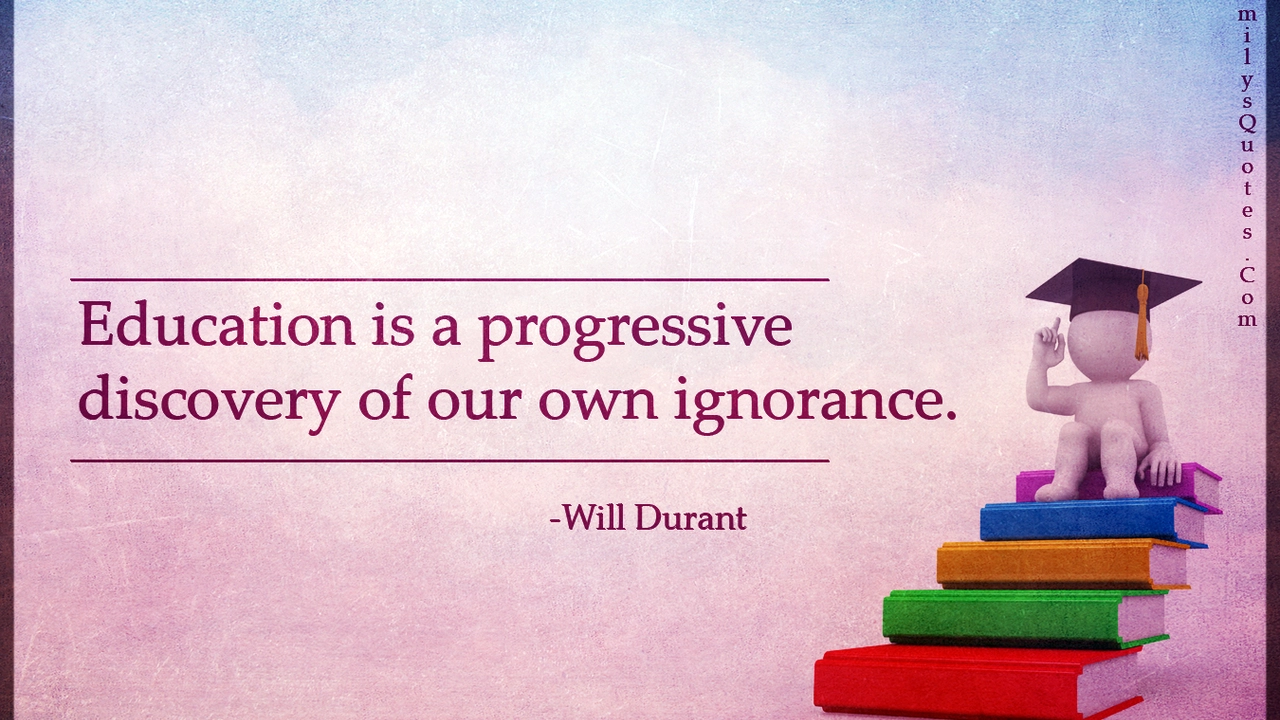Quote Origin: How to Track Down the Real Source of Famous Sayings
If you’ve ever copied a quote for a presentation or a meme, you’ve probably wondered whether it’s really said by the person you think. Misattributed quotes spread fast, and they can hurt your credibility. Knowing the true origin helps you sound smarter and avoids embarrassing slip‑ups.
Why Knowing the Origin Matters
First, it shows you respect the original speaker. People appreciate when you give credit where it’s due. Second, accurate quotes give your argument more weight. A line from Winston Churchill feels different than a made‑up “Churchill” quote. Third, many schools and workplaces check sources, so a wrong citation can cost you points or even damage trust.
Finally, digging into a quote’s background can be surprisingly fun. You might discover a whole story behind a sentence you love, or realize a popular phrase was actually a marketing slogan.
Quick Steps to Verify a Quote
1. Start with a search engine. Put the whole sentence in quotation marks and add the supposed author’s name. If the quote is real, reputable sites like BrainyQuote or a university page will show up.
2. Check the context. A quote taken out of a longer speech can change meaning. Look for the original document – a book, article, or speech transcript. Google Books and archive.org are great for older sources.
3. Use quote‑specific databases. Websites such as Wikiquote list sources and often note disputed attributions. If a quote is marked “unverified,” treat it with caution.
4. Look for scholarly references. Academic papers or biographies will cite the exact page number where the quote appears. This is the gold standard for verification.
5. Watch out for “quote generators.” Many social‑media accounts copy and paste sayings without checking. If a quote only appears on meme pages, it’s likely not authentic.
When you’ve gathered evidence, note the source in a simple format: Author, "Quote," Title, Year, Page. This makes it easy to add to any essay or slide deck.
Remember, not every popular saying has a solid origin. Some phrases evolve over time, becoming part of everyday language. In those cases, you can still mention that the exact source is unclear, which shows honesty.
Using these steps saves you time and keeps your content trustworthy. Next time you see a quote that sounds perfect, give it a quick check—you’ll be surprised how many “facts” turn out to be myths.

Who said 'If you think education is expensive, try ignorance.'?
The quote "If you think education is expensive, try ignorance," is often attributed to various people, but its exact origin is unclear. Some attribute it to Derek Bok, former president of Harvard University. Others suggest it was first spoken by Andy McIntyre, while some even attribute it to influential figures like Nelson Mandela. Regardless of its source, the quote emphasizes the value of education over the costs of ignorance. It's a powerful reminder that investing in knowledge can lead to better outcomes than remaining uninformed.
Read More